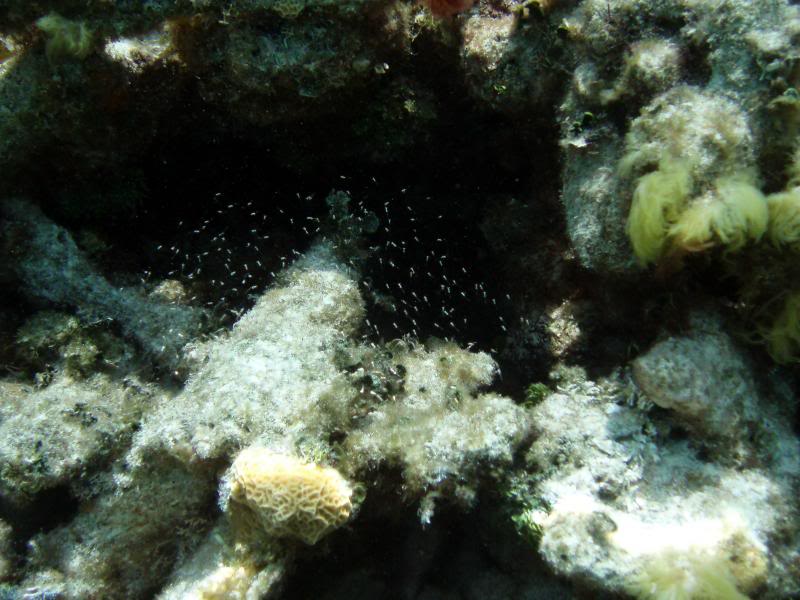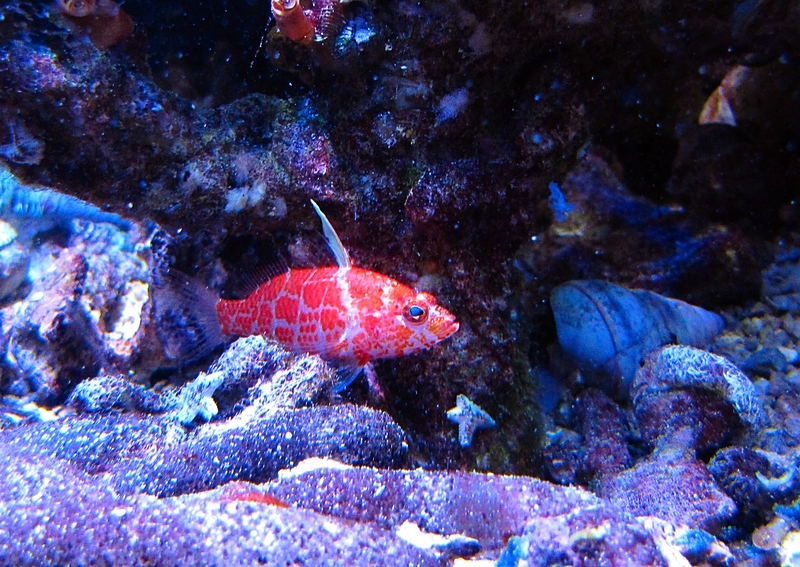- Joined
- Dec 28, 2016
- Messages
- 22,794
- Reaction score
- 21,928
I think this is a rumored answer (I couldn't think of a better word) We really don't know if young fish in the sea die of disease as they get eaten so fast and it is really hard to study that. Those scientists sitting around in a lab in Cooz Bay Oregon don't do a lot of research in the ocean as they can't afford it and probably can't swim because they went to school on Tibet.
baby fish get their immunity from their Mother. (I posted that someplace here and I didn't make it up, but I probably would have if I couldn't read it) Their Mother was immune as all fish in the sea have to be.
If the Mother fish was in a quarantined tank for a long period of time and she has not been exposed to parasites, the babies will also have no immunity. For all the people who don't believe that, they should not read anything I post because that is the premise which I run my tank with and the reason my fish will never get sick.
See all these baby fish? I took this recently in (put a place here because I forgot where it was--------------------) Look at the 37th fish from the right about in the middle. Yes, even that fish, the one with the greenish blue eyes is immune from almost everything. I say almost because at this time probably all of them were eaten by something a little larger. If their Mother was quarantined, and not exposed to parasites, those fish would not be alive not would anything else in the sea. This is my point.
You may even notice some "Normal" hair algae to the right, but that is for another thread, A thread where people think they can "cure" it and feel it is a disease or curse from the Moon Goddess.

If all 'wild fish are immune' why is it that (per another one of those pesky scientific articles): I bolded the last sentence because they were looking for symptomatic fish in the article - not just doing random biopsies.
Out of a total of 211 fish (15 species), 143 (67.7 %) were found to be infected with the mean intensity of 7.67 parasites per field of view (x4 magnification). The prevalence of C. irritans in fish caught during the spring (91.0 3% on average) was significantly higher than that of the fish caught during the summer (39.29 %). A wide variation in the prevalence of the parasite was shown among the fish species. The highest prevalence and intensity of the infection occurred in Plataxteira, Diodon holocanthus, Paracanthurus hepatusat 100 % of infection and density of 12 parasites/field of view (x4 magnification) while and the lowest prevalence of C. irritans appeared on Rhinecanthus aculeatus, Zancluscornutus, and Zebrasoma veliferum with less than 50% of fish infected. Clinical signs of fish infected of C. irritans showed such as tiny white spots on skin, gills, and fins; ragged fins, changes in skin colour, cloudy eyes and increase mucus production.




















